Turning Organic Waste into Gold: SR&ED Opportunities in Biofertilizer Innovation
As sustainability becomes a central focus for industries worldwide, converting organic waste into biofertilizers presents a unique opportunity for biofertilizer innovation. For businesses pioneering new techniques in this domain, Canada’s Scientific Research and Experimental Development (SR&ED) tax credits can provide essential support. Let’s explore how companies tackling technological uncertainties in organic waste composting can benefit from SR&ED.
Key Areas of Innovation and Uncertainty in Biofertilizer Innovation and Development
1. Microbial Consortia Optimization
Creating the right microbial blend is crucial for efficient organic waste decomposition.
Challenge: Identifying the optimal combination of bacteria and fungi to maximize the breakdown of lignocellulosic materials.
Example: Testing a novel microbial mix to accelerate composting rates. The uncertainty lies in whether this blend outperforms existing methods.
2. Process Control Parameters
Precision in composting conditions is essential for consistent, high-quality biofertilizers.
Challenge: Maintaining ideal temperature, pH, and moisture levels throughout the process.
Example: Experimenting with consistent moisture levels to enhance nutrient retention in the final product. The uncertainty revolves around whether this control leads to better outcomes than variable conditions.
3. Tackling Feedstock Variability
Organic waste composition can vary significantly, impacting composting outcomes.
Challenge: Developing a process that handles different organic waste types while maintaining product quality.
Example: Investigating a new preprocessing technique for mixing waste streams to ensure uniform composting results.
4. Enhancing Biofertilizer Quality
Adding amendments like biochar or minerals can improve biofertilizer properties.
Challenge: Determining the optimal timing and method for these additions.
Example: Testing whether biochar added mid-composting enhances nutrient retention and stability in the final product.
5. Odor and Emission Control
Odors and emissions can present challenges during composting.
Challenge: Reducing ammonia emissions without compromising composting efficiency.
Example: Experimenting with different aeration techniques to strike the right balance.
6. Scaling Up Processes
Moving from small-scale experiments to industrial applications often presents unforeseen difficulties.
Challenge: Ensuring efficiency and product quality remain consistent at scale.
Example: Testing whether parameters optimized in the lab hold up in large-scale operations.
7. Ensuring Pathogen Safety
Biofertilizers must be safe for agricultural use, free from pathogens and contaminants.
Challenge: Eliminating harmful microorganisms without degrading beneficial nutrients.
Example: Investigating whether specific heat treatments achieve sterilization without compromising biofertilizer quality.
8. System Integration
Integrating composting with other waste or agricultural systems can boost efficiency.
Challenge: Creating a seamless closed-loop system.
Example: Experimenting with anaerobic digestion integration to improve nutrient profiles and system sustainability.
How SR&ED Supports Innovation in Composting
Systematic experimentation and process optimization in these areas align with the SR&ED program’s objectives. Eligible activities could include:
- Testing new microbial formulations.
- Conducting trials to refine control parameters.
- Addressing emissions and safety concerns through R&D.
Partner with Ayming Canada for SR&ED Success
Navigating the complexities of SR&ED claims can be daunting, but with the right guidance, your innovations in organic waste composting can receive the recognition they deserve.
At Ayming Canada, we specialize in helping businesses secure SR&ED tax credits, ensuring every eligible activity is captured. From idea to application, we’re here to support your journey.
Contact us today to learn how we can help turn your composting breakthroughs into financial advantages. Together, let’s cultivate a greener future!
Contact us today! (Blog Post)
One of our experts will be in touch shortly.




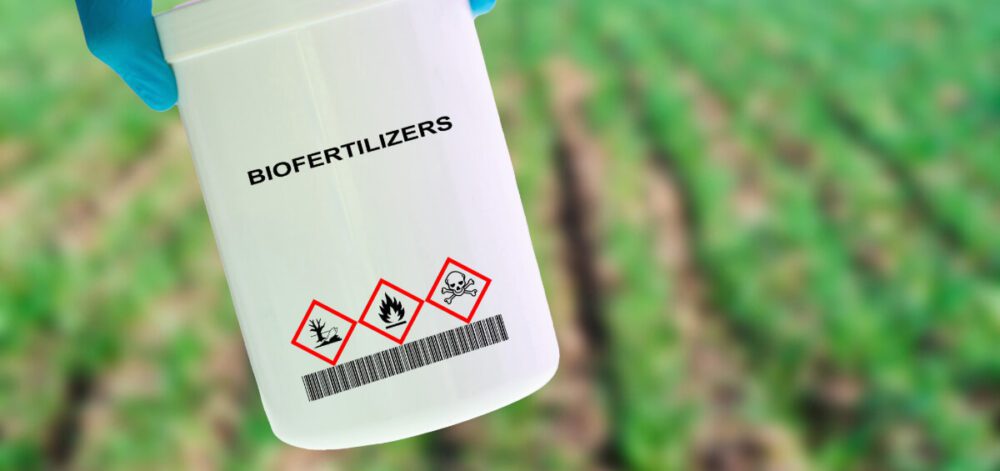
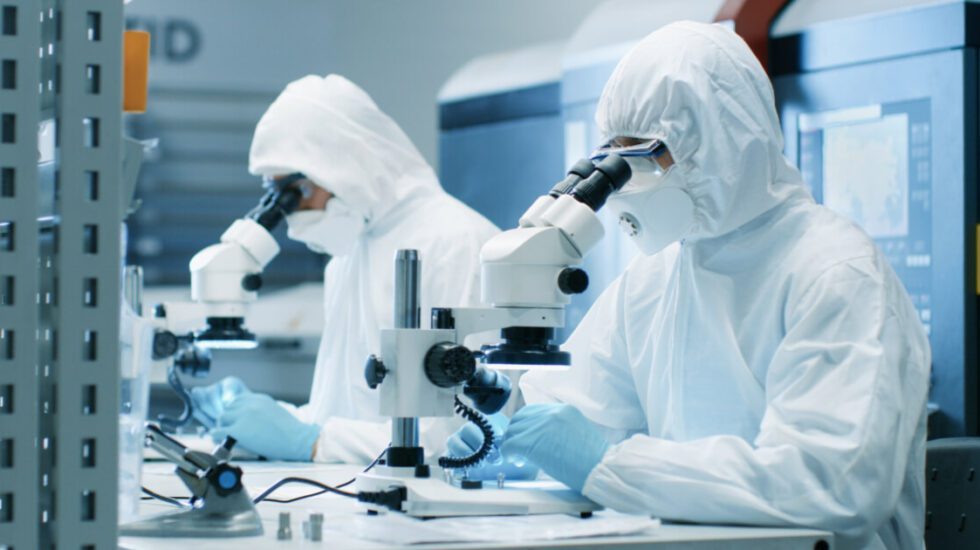


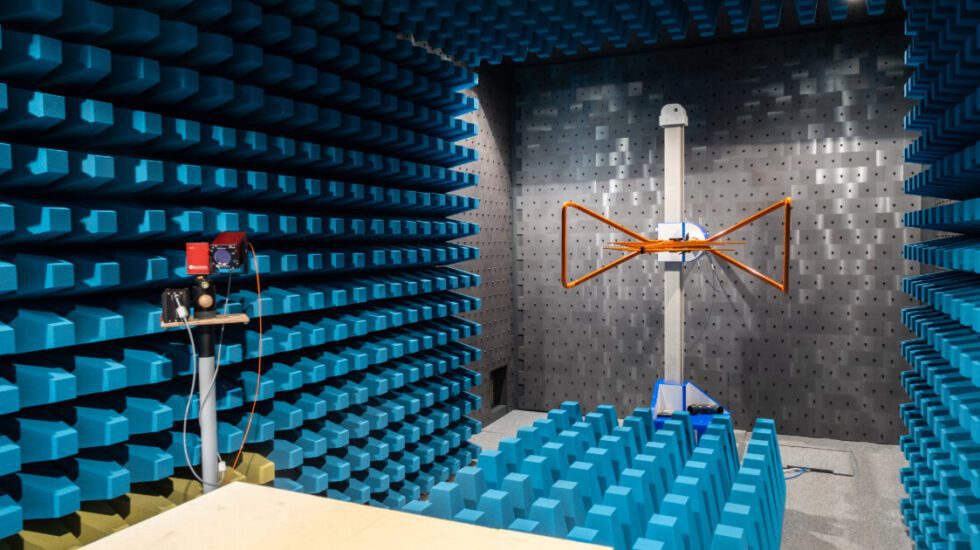

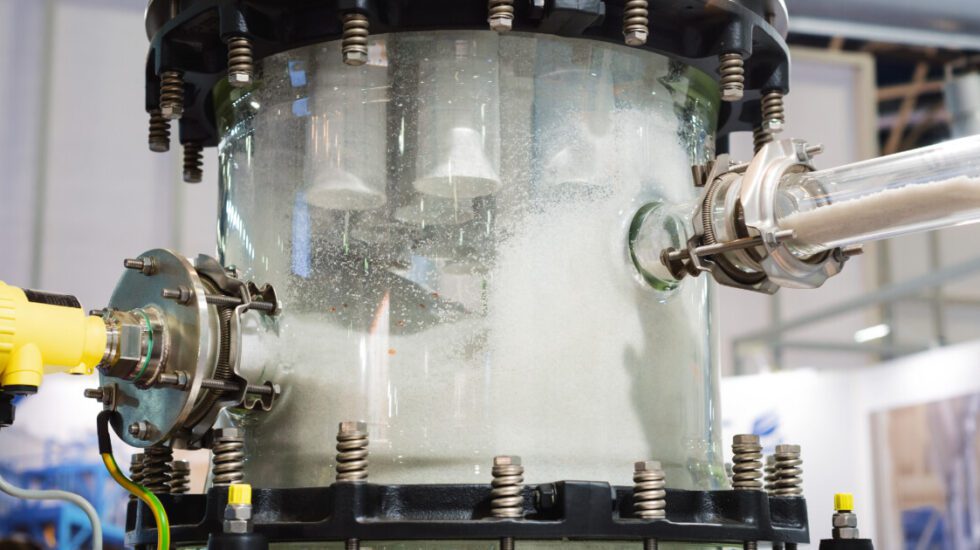
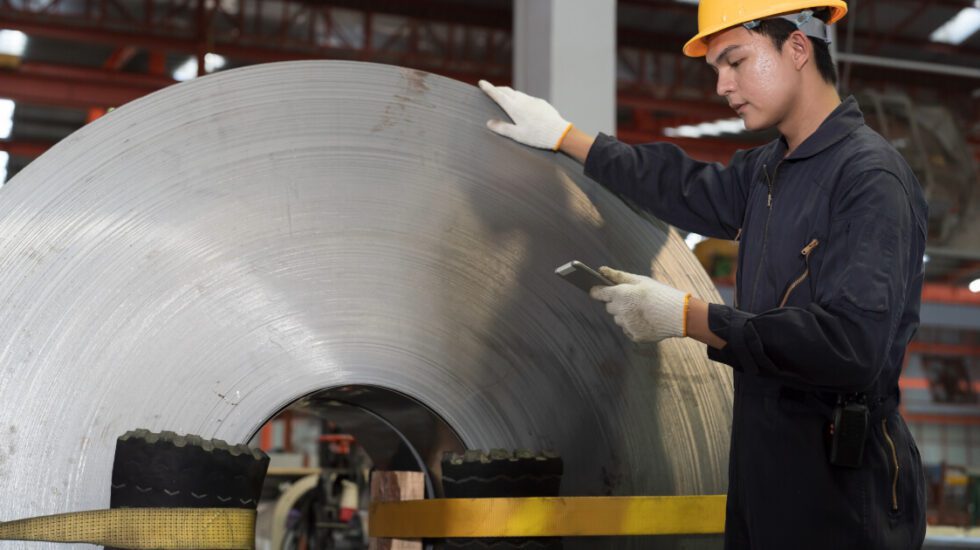
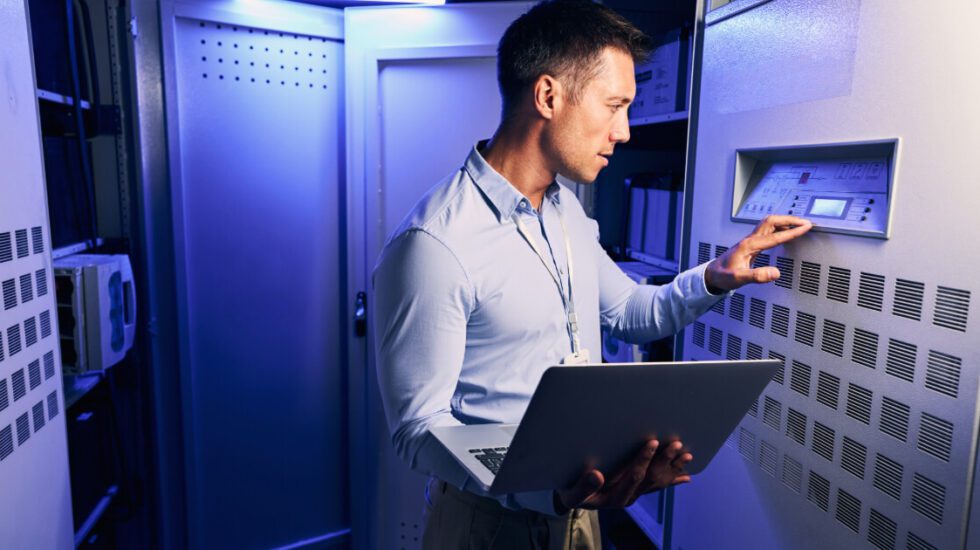

No Comments